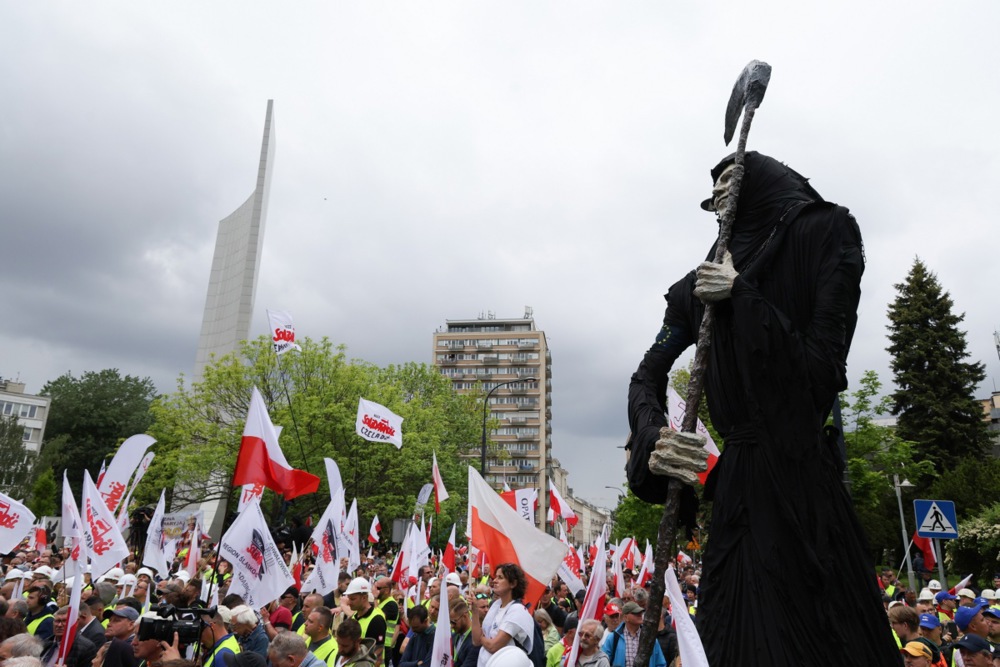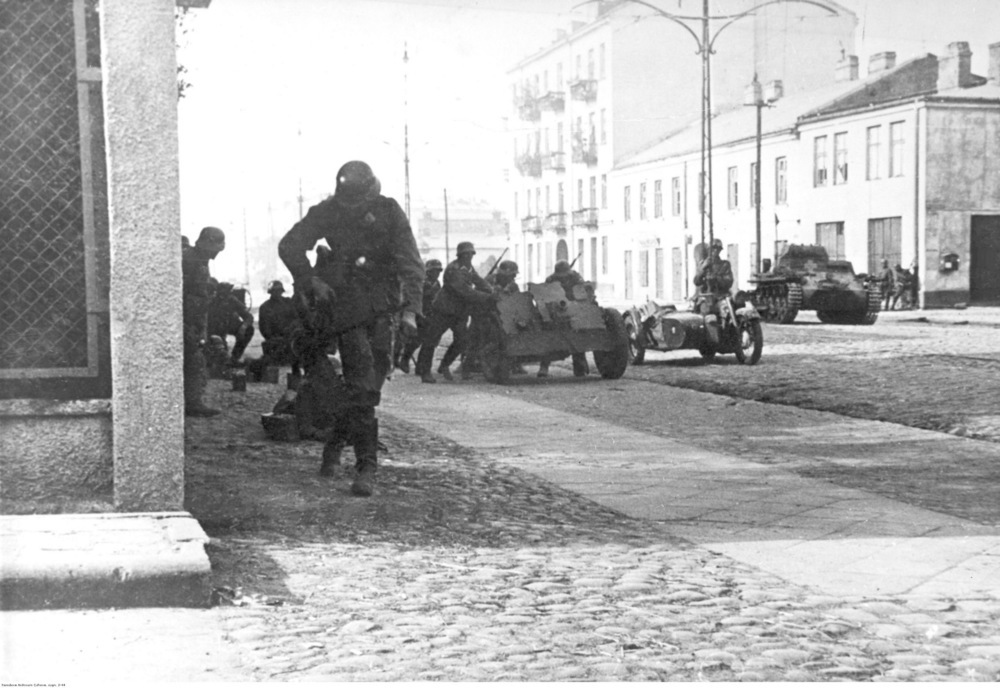European Commission President Ursula von der Leyen has promised €10 billion worth of assistance as she visited Poland in the wake of the floods that engulfed large parts of Central Europe following extreme rainfall caused by Cyclone Boris.
The money will come from already allocated cohesion funds to be made available for the areas hit by the disaster that began on September 13.
The severe flooding left seven dead in Poland alone and destroyed infrastructure including, according to estimates by State broadcaster TVP, property worth more than €7 billion.
Polish Prime Minister Donald Tusk on September 18 had jokingly said that “people should not panic if they see German soldiers” as they may be helping with the crisis situation caused by the flood. In the end it was the German von der Leyen who arrived.
On September 19, she attended a summit in the city of Wrocław with Tusk and the Prime Ministers of Czechia, Slovakia and Austria. The meeting lasted just 45 minutes and PM Tusk was satisfied with the outcome.
Following the meeting, Tusk said: “We will be in need of resources for the rebuilding and it was good to hear that the EU is ready to help.”
Von der Leyen said the European Union would help with flood relief through the Solidarity Fund and that so-called cohesion funds would be used “in a flexible way” with the EC providing 100 per cent of the money, rather than the usual co-funding, to be used to help the affected areas.
She emphasised that extraordinary situations required extraordinary measures, assuring those regions impacted by the storm: “The Union will stand with you in the months and years needed for reconstruction and recovery from this disaster.”
“The EU Solidarity Fund can cover part of the damage.We can also use the flexibility of existing cohesion policy rules to mobilise up to €10 billion.”
Despite that, former Polish Conservative (PiS) prime minister Mateusz Morawiecki in his social media post on the Wrocław summit claimed the EU was using “sleight of hand” by reallocating existing provisions rather than providing new money.
Former Polish MEP Jacek Saryusz-Wolski warned that the EU was simply “robbing Peter to pay Paul” as moving monies within the cohesion funds meant some Polish regions would have to “go without” so the cash could be shifted to the areas hit by the floods.
Von der Leyen also reminded listeners that the Copernicus system, the EU’s Earth observation programme, had warned of the risk of flooding on September 10.
That came three days prior to Tusk having played down fears of serious flooding when he argued on September 13 that the forecasts showed the situation may be manageable.
Polish opposition leader Jarosław Kaczyński has criticised Tusk for that and accused him of being complacent and thus not preparing the country properly for the disaster the storm turned out to be.
There has also been criticism regarding what some see as too little having been done to prepare for flooding in relation to the construction of retention reservoirs.
In 2019, resources were available for the construction of five such reservoirs in southwestern Kłodzko county. They were never built as a result of protests by local communities and environmentalists backed by local MPs.
Kłodzko was one of the worst hit areas during the Cyclone Boris event over the weekend of September 13-15.





